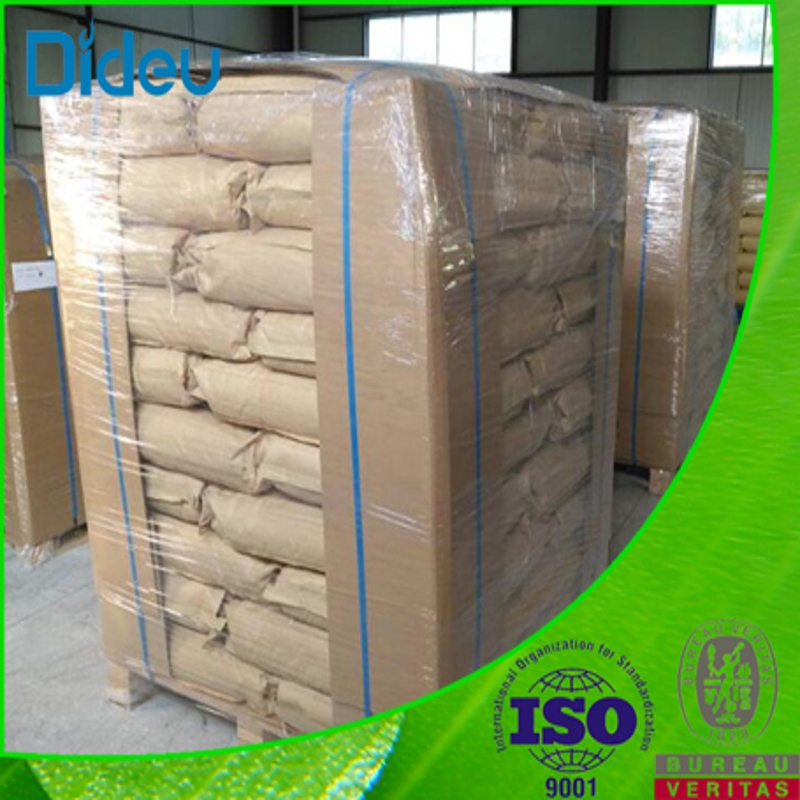-
Categories
-
Pharmaceutical Intermediates
-
Active Pharmaceutical Ingredients
-
Food Additives
- Industrial Coatings
- Agrochemicals
- Dyes and Pigments
- Surfactant
- Flavors and Fragrances
- Chemical Reagents
- Catalyst and Auxiliary
- Natural Products
- Inorganic Chemistry
-
Organic Chemistry
-
Biochemical Engineering
- Analytical Chemistry
-
Cosmetic Ingredient
- Water Treatment Chemical
-
Pharmaceutical Intermediates
Promotion
ECHEMI Mall
Wholesale
Weekly Price
Exhibition
News
-
Trade Service
The offshore renewable energy incubator has participated in a project
called LIFES50+ funded by the European Vision 2020 programme.
The project is a major international cooperation project worth 7.
3 million euros involving 12 collaborations in eight countries to promote the development of a floating foundation for the next generation of
wind turbines.
The project, led by the Norwegian Institute of Marine Technology, will continue to study for 40 months, focusing on the development of innovative technologies
for 10MW offshore wind turbines with water depths greater than 50 meters.
The first step in the project was to optimize and evaluate
the floating foundation concept of two 10MW wind turbines by early 2017.
The incubator will lead the work package on uncertainty and risk management in the project, assess the risks associated with the developed foundation, and design and develop a risk assessment methodology
for the turbine floating foundation.
Ignacio Marti, director of innovation and research at the incubator, said that the global potential market for floating foundations is huge
because fixed foundation solutions will no longer have commercial value in deeper waters, so there is a particular need to develop a new technology to meet the needs of deeper waters.
The offshore renewable energy incubator has participated in a project
called LIFES50+ funded by the European Vision 2020 programme.
The project is a major international cooperation project worth 7.
3 million euros involving 12 collaborations in eight countries to promote the development of a floating foundation for the next generation of
wind turbines.
The project, led by the Norwegian Institute of Marine Technology, will continue to study for 40 months, focusing on the development of innovative technologies
for 10MW offshore wind turbines with water depths greater than 50 meters.
The first step in the project was to optimize and evaluate
the floating foundation concept of two 10MW wind turbines by early 2017.
The incubator will lead the work package on uncertainty and risk management in the project, assess the risks associated with the developed foundation, and design and develop a risk assessment methodology
for the turbine floating foundation.
Ignacio Marti, director of innovation and research at the incubator, said that the global potential market for floating foundations is huge
because fixed foundation solutions will no longer have commercial value in deeper waters, so there is a particular need to develop a new technology to meet the needs of deeper waters.







